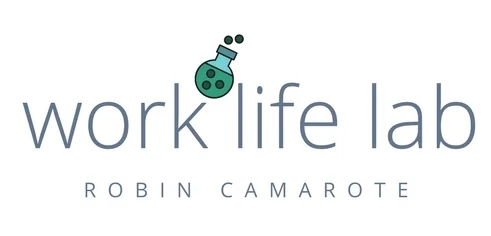There is a relatively short phase when people are most alert, tuned in, eager to grow, and open to new ideas. From observation and experience, this period starts about three years after graduation or starting the job and lasts until the "big promotion"-- the one that moves someone from do-er to manager/titled leader. In very rough, estimated numbers, this phase lasts about 10 years.
Mysteriously, the moment that some professionals make this management leap, they give up the work that got them there. They lean back on the technical stuff because they feel expert enough. They lean in on the management stuff because it feels like a well-deserved reward and there are people now who need them to lead.
In the transition from do-er to manager, another interesting phenomenon tends to happen. People bring the confidence gained through technical accomplishments and assume a natural appitude in management. Unfortunately, these skills don't carry over. Few people are naturally gifted in the professional care and nuturing required to grow and inspire a team. Something is missing.
The key to overcoming this problem of being stuck on top with no chance of succeeding is two-fold.
- First, no one should let themselves (or the managers under them in the organization) off the hook for continuing to gain technical skills. Without continuing to gain technical skills (not just management/leadership tips and tricks), professionals risk irrelevance sooner than they'd like.
- The second piece is fiercely and consistently coaching and mentoring people through the transition and then again through all of the signficant advances after that. Investing in coaching-- ideally by an independent provider-- is preventive medicine.
Proactive transition management reduces conflict and increases organizational performance.

